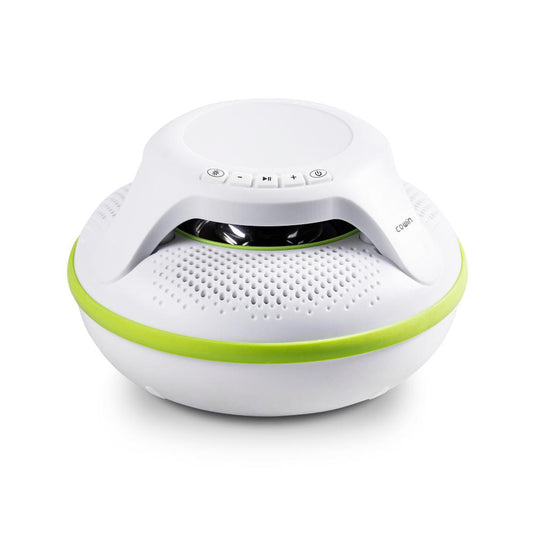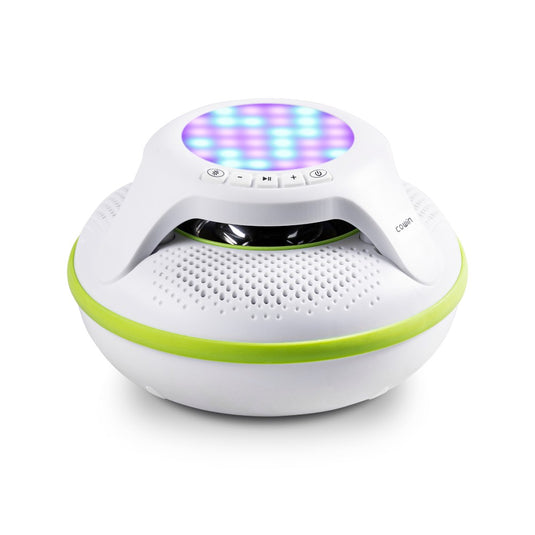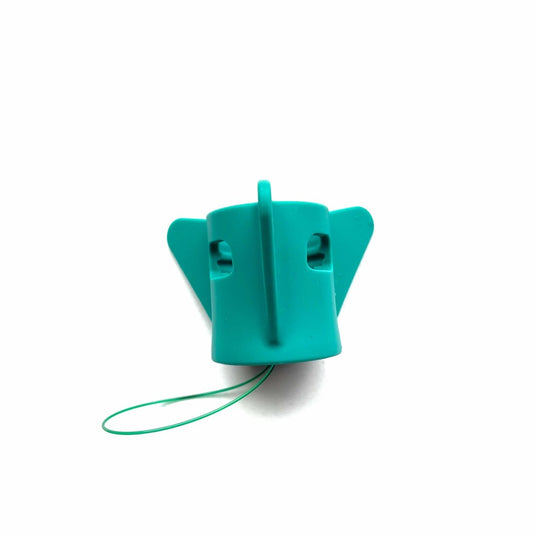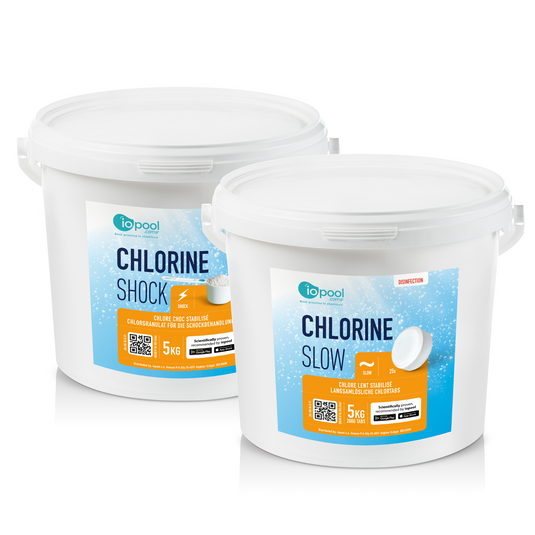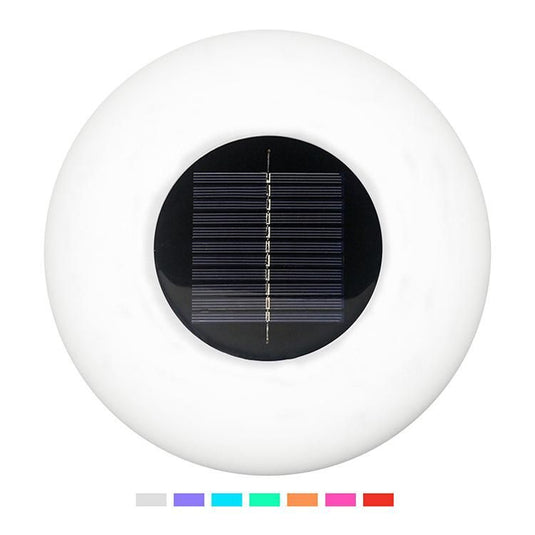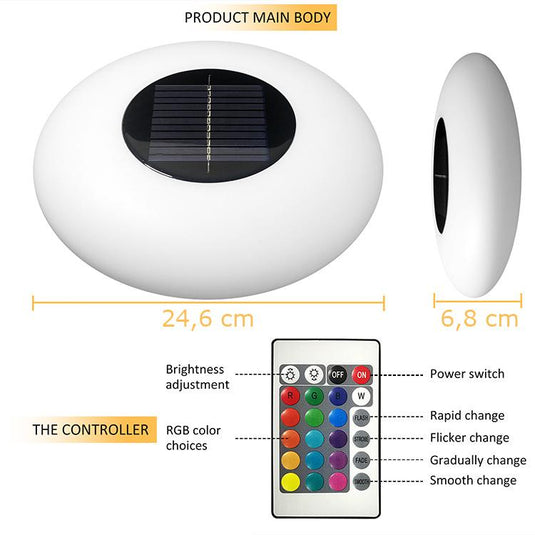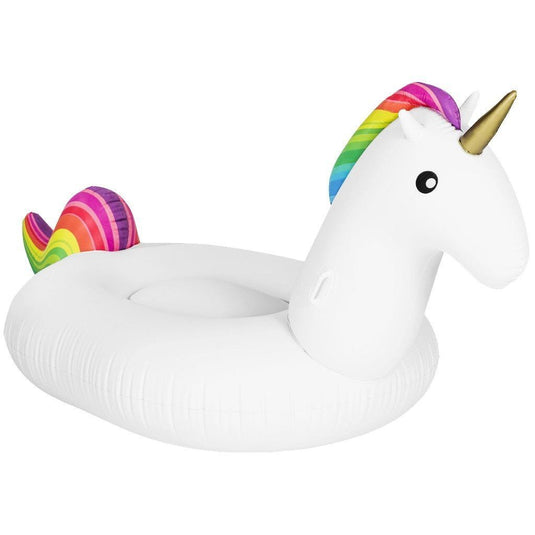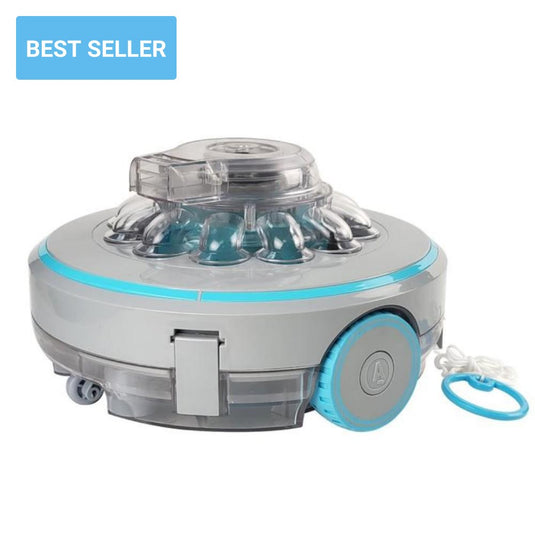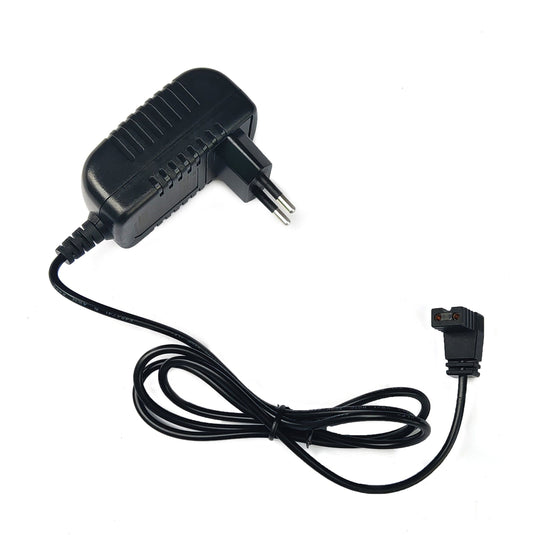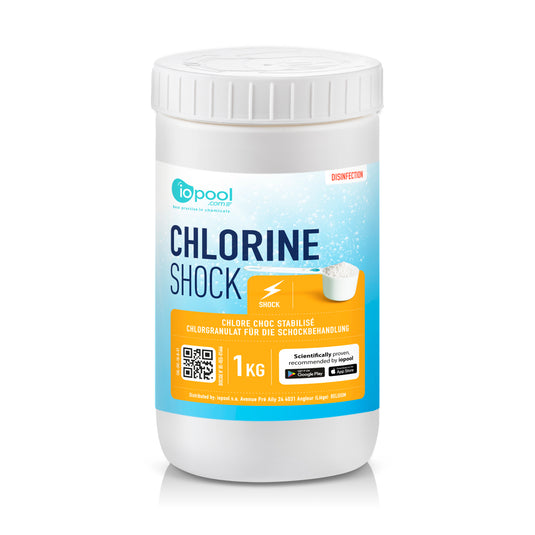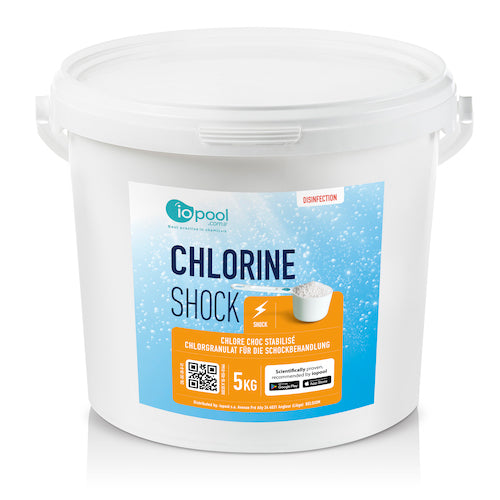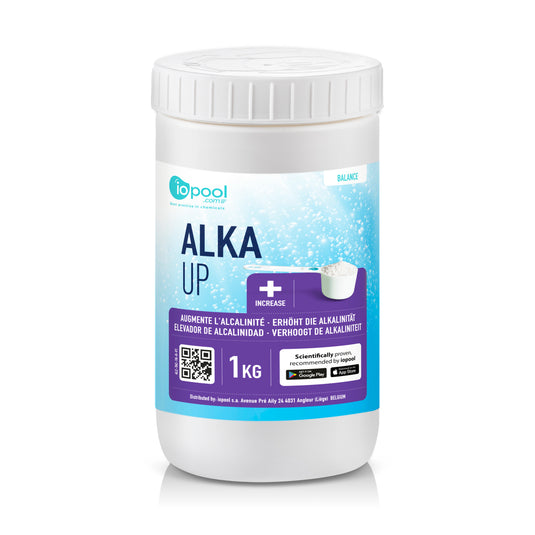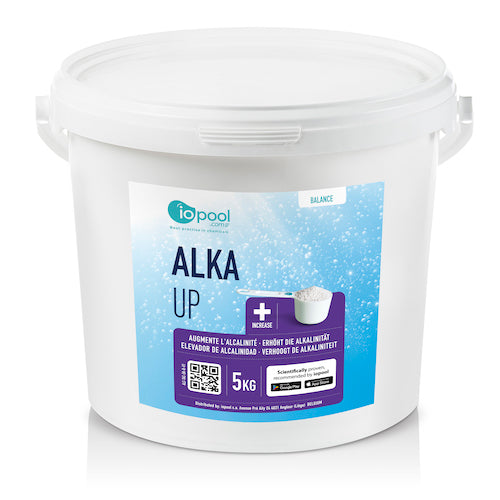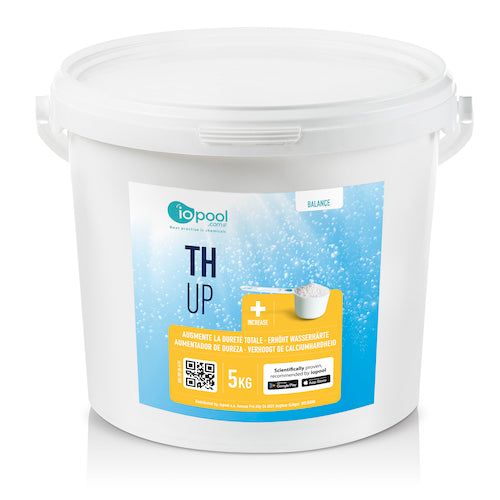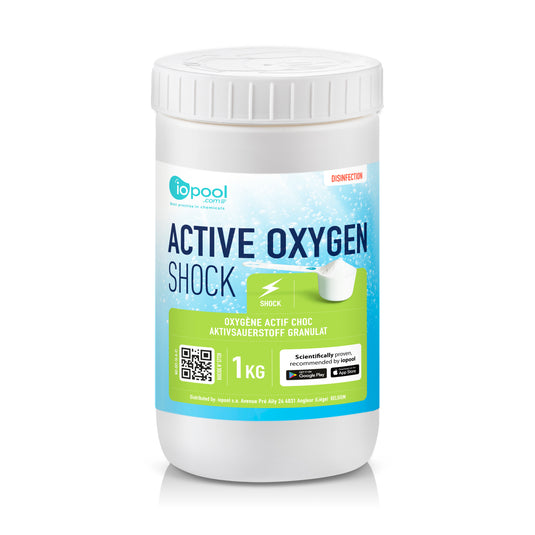Which Type of Pool Treatment is Right for My Pool?
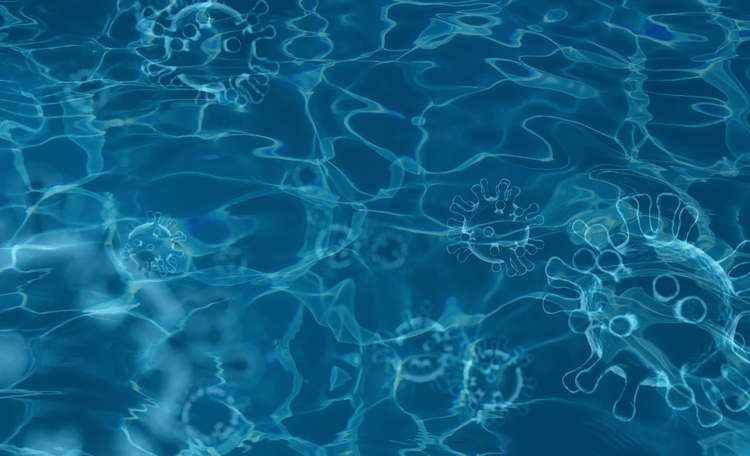
Owning a pool is marvelous; it provides endless relaxation and aquatic fun for you and your family. But being a pool owner is a lot of responsibility. Proper pool cleaning and maintenance are critical. And keeping out leaves is a small part of the job. You must ensure your pool water is free of pathogens and harmful bacteria. How can you make the cleaning process easier? A pool treatment. Keep reading to find out which type of pool treatment is right for you.
What is a Pool Treatment, and What Does It Do?
A pool treatment cleans and sanitizes your pool's water and makes it safe for swimming. It does this by eliminating harmful bacteria and pathogens that can cause illness. Pool treatments also help prevent algae and keep your pool water clear and pristine.
As we already know, chlorine is the most common way to keep your pool clean. But there are other methods of sanitation.
Let's get into some pool treatment methods and their pros and cons.
The Most Common Treatment Type: Chlorine
Pool chlorine kills harmful pathogens like E.Coli. In addition, it removes materials swimmers may bring into your pool — like sweat, dirt, oil, and hair products. Chlorine also works to prevent murky water and green algae.
Chlorine is a powerhouse for keeping your pool water free of bacteria and microorganisms. Still, you have to stay on top of chlorine levels for it to do its job.
To keep raising chlorine to an adequate level, add chlorine weekly. Also, check chemistry levels regularly to gauge how much chlorine you have in your pool.
The iopool shop has everything you need to check your pool’s chemistry levels — from traditional test kits to digital ones.
Pros:
- Easily accessible — can be purchased at your local home improvement store;
- Effectively kills pathogens and algae;
- Can be used in multiple forms — tablets, granules, liquids, etc.;
- Works for indoor and outdoor pools.
Cons:
- Can leave a pungent smell;
- May cause eye or skin irritation — especially if too much chlorine is in your pool;
- Can bleach vinyl liners if there is prolonged contact — for example, chlorine powder at the bottom of the pool;
- Can be destroyed by UV rays — if not used with a stabilizer.
A most efficient hot water treatment type: Bromine
Bromine is the less odorous cousin of chlorine. Like chlorine, it is a sanitizer, algicide, and oxidizer. However, bromine doesn’t produce a strong smell like chlorine. It also works better in higher temperatures than chlorine.
But a few drawbacks to bromine is that it’s more expensive than chlorine, has less oxidation power, and does not work well in sunlight.
Pros:
- Remains stable at higher temperatures;
- Easy to keep pH balanced;
- Produces little odors;
- Does not to be added as frequently as chlorine;
- Doesn’t cause skin and eye irritation.
Cons:
- More expensive than chlorine;
- Doesn't do well when exposed to UV rays.
An Automated Way to Treat Your Water: Saltwater System
Saltwater systems convert salt into chlorine using a generator. So all you would have to do is pour the required amount of salt into your pool and let the generator work its magic.
Compared to regular chlorinated pool systems, salt systems are lower maintenance and produce less odor. In addition, some pool owners prefer a saltwater system because it gives the water a "softer" feel.
But one of the main drawbacks to saltwater systems is that they don't do well with pool equipment. The salt can erode metal and cause issues with the pool's structure. However, saltwater systems are great for fiberglass pools.
Pros:
- Lower maintenance compared to chlorine systems;
- Produces fewer odors than chlorine;
- Not as damaging pool parts and property as chlorine.
Cons:
- Saltwater pools are not chlorine-free;
- Requires manual handling;
- Can be corrosive to some pool surfaces and equipment — like ladders, stones, liners, and pumps.
A Chemical Free Treatment Type: UV Pool Sanitization
UV Water Treatment is a nearly chemical-free way to clean your pool. A UV light kills harmful microorganisms in the pool water as it flows through a filtration system. So you aren't exposed to UV lights as it cleans the water — no need to worry about the damages associated with UV exposure.
One of the bonuses of a UV light pool treatment is that it helps to kill chlorine-resistant organisms.
UV pool treatments are a low-maintenance way to clean your pool, but there are some disadvantages to consider. First, the sanitation process is not 100 percent chemical-free.
Since the UV light sterilizes the water as it goes through the filter, you will still need to use additional chemicals to keep it clean before and after it's disinfected by the light. But your pool water won't need as many chemicals as a UV pool treatment.
Pros:
- Decreases chemical consumption;
- Eliminates harmful parasites and pathogens;
- Safely sanitizes water away from swimmers;
- Low maintenance option;
- "Clean" form of sanitation.
Cons:
- Needs chemicals to efficiently keep your pool clean;
- Serves as a supplement pool sanitizer;
- UV light will need to be replaced after 12 months;
- Doesn'tDoesn't destroy contaminants that affect water clarity — like algae.
Another option: Ozone Generator Pool System
Ozone is a gas that’s also known as activated oxygen. When used as a pool treatment, an ozone generator connects to your pool's circulation system and sterilizes the pool water as it goes through a filter. Ozone kills bacteria, parasites, and viruses present in your pool water.
Once the water is returned to your pool, it may contain trace amounts of ozone. But don't worry; this amount is meager and at a safe concentration. Because of the small amounts of ozone in the water, you will need another disinfectant to ensure your pool is sanitized.
Like the other methods on this list, ozone does a great job removing contaminants from swimmers, but you will need additional chemicals to ensure your pool is 100 percent sanitized.
Pros:
- Safe pool sanitation method;
- Ozone is generated on-site;
- Kills parasites and pathogens;
- Ideal for both outdoor and indoor pools.
Cons:
- Acts as a supplemental disinfectant;
- Requires additional chemicals;
- Can be expensive — ranges from $1,000 to $3,000;
- Ozone can build up in "covered areas" — like under pool covers and pool pump.
Which Pool Treatment is Right for You?
It's hard to say which sanitation method is best for your pool. Each treatment has its own set of benefits and disadvantages. So, when determining which to choose, consider your budget and sanitation preferences.
For more tips on achieving clear and clean water, check out our blog.

